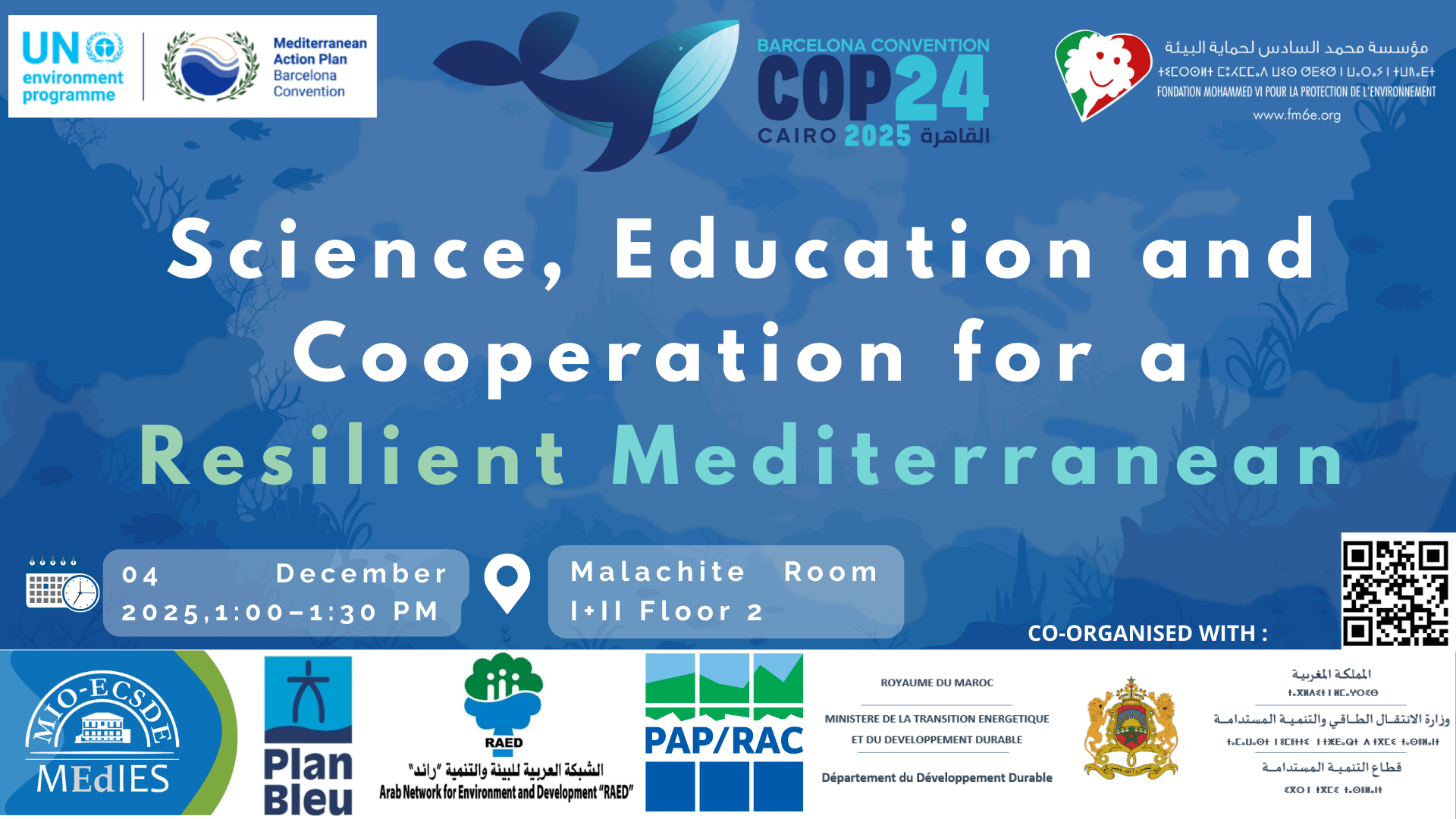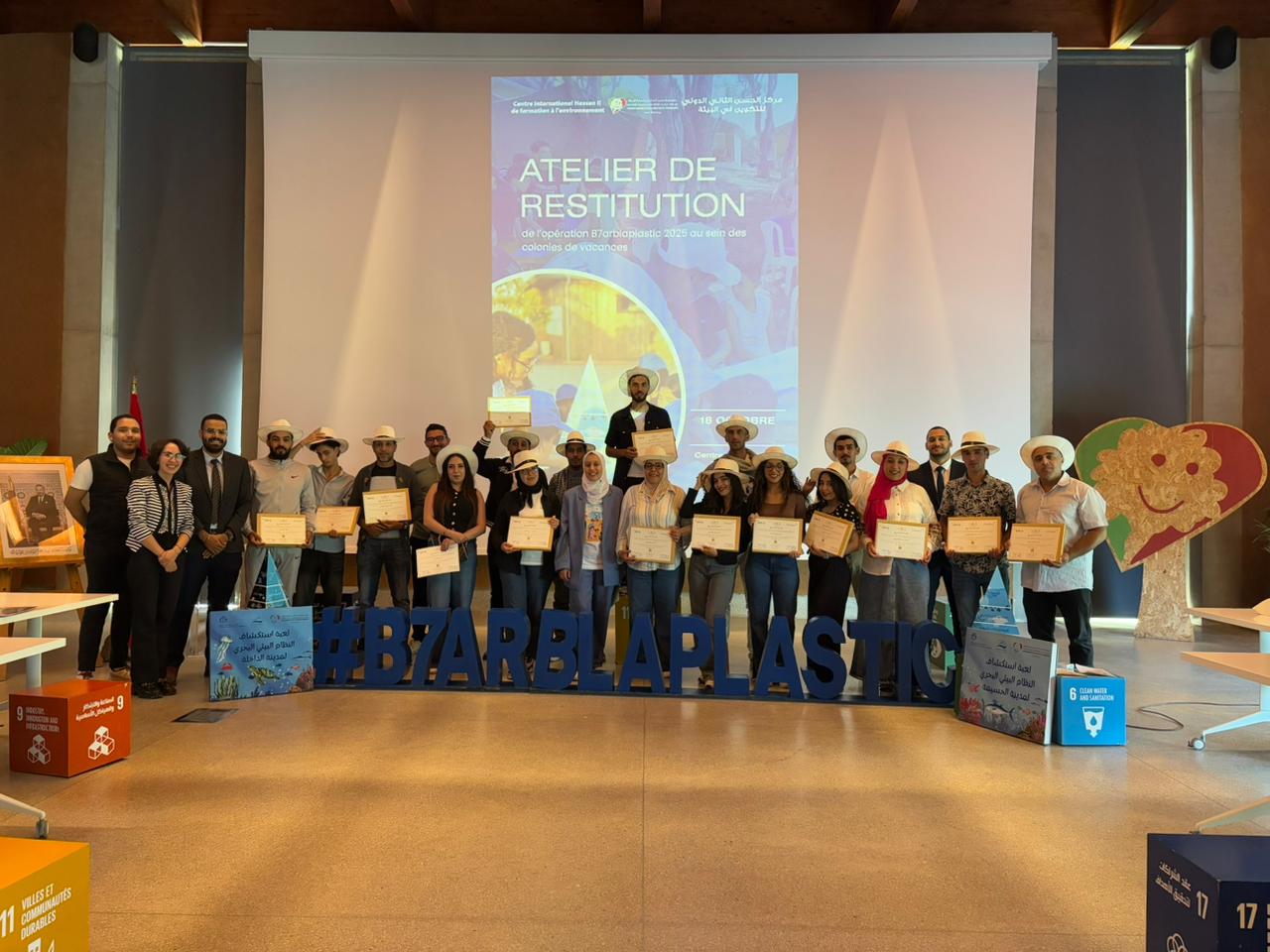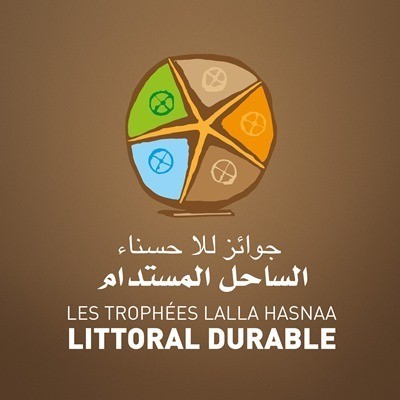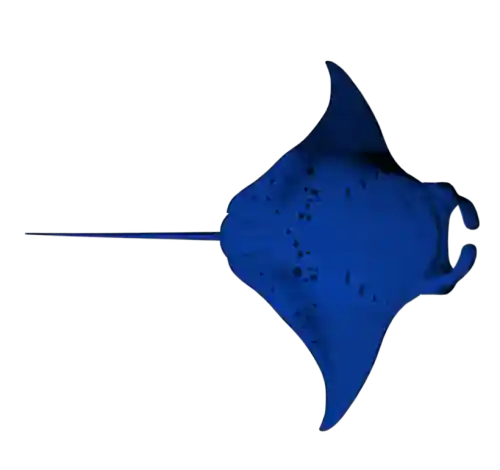
- Create momentum to protect the national coast;
- Promote and publicize original projects for the coast;
- Encourage society to get involved in coastal protection;
- Instill education and youth participation at the heart of sustainable local development projects;
- Strengthen the links and synergies between the awards and other Foundation initiatives, particularly programs like Young Reporters, Eco-Schools, the Conference on the Coast, etc.
The awards are open to all
The Lalla Hasnaa Sustainable Coast Awards are open to:
- Individuals or natural persons: elementary students, middle school students, high school students, citizens, etc.
- Public or private legal entities (economic operators, communities, associations, NGOs, primary schools, secondary schools, and institutes of higher education, research centers, etc.)
- Partnership involving one or more natural and legal persons.
Five categories
The Lalla Hasnaa Sustainable Coast Awards feature five categories:
Category 1: Clean Beaches Program award
This award recognizes an initiative involving one or more beaches in the management, development, preservation, education and information. For businesses, this category is reserved for the Foundation’s Clean Beaches partners.
Category 2: Sharing and lifestyle award
This award recognizes enhancement initiatives for public and natural areas, urban or suburban, which are part of the Moroccan coast.
Category 3: Protection and enhancement of natural heritage award
This category recognizes the most interesting achievements towards a better knowledge of the coast, the conservation of its biodiversity and of its fragile ecosystems.
It involves universities, research centers, communes, businesses, public and private organizations, and associations.
This award also recognizes mitigation initiatives for security threats and the territorial integrity of the Moroccan coast.
Category 4: Education and youth award
This category recognizes the best environmental actions, projects, studies, research and education for sustainable development programs performed by elementary schools, middle schools, high schools, universities, research centers, public and private organizations, and the media.
Category 5: Environmental and social responsibility award
This award is dedicated to initiatives by economic operators that have chosen to incorporate an environmental, social or economic approach, which have a positive impact on the Moroccan coast.
A professional and independent jury
In order to ensure effective management of the awards, from their inception to their awarding, two governance structures were put in place:
- An independent jury consisting of 25 members, including 6 women, composed of experts, scientists, communication managers and other stakeholders in sustainable development, whose primary mission is the evaluation of the candidates’ applications;
- A Permanent Secretariat whose primary mandate is to ensure the groundwork before launching the awards, technical assistance for the candidates, and preparation of the jury work.
1st Edition 2014
A modern and environmentally friendly edition
The first edition of the Lalla Hasnaa Sustainable Coast Awards was launched on April 17, 2014 and ended on August 27, 2014. A communication campaign was organized and an Internet platform dedicated to the management of applications has been designed. Through this website, candidates have been able to learn and transmit their applications online in the language of their choice. It is a simple, structured procedure, based on a single, standardized form providing an objective basis for assessing the applications by the jury members. This website has also been designed to allow the jury access to the application files via Internet and conduct their evaluation remotely, minimizing the need to hold meetings in person. In sparing the use of paper and avoiding travel for submitting applications and jury meetings, the Foundation adopted an ecological approach consistent with the values it advocates.
A great interest
The first edition of the Lalla Hasnaa Sustainable Coast Awards has attracted great interest as evidenced by the thousands of consultations on the website and hundreds of accounts created by candidates from all regions of the Kingdom.
The jury selected finally 55 applications that have been evaluated on the criteria of relevance, effectiveness, efficiency, impact and sustainability.
A little history
From the Lalla Hasnaa Clean Beaches Awards to the Lalla Hasnaa Sustainable Coast Awards.
After study and reflection conducted on the Clean Beaches Awards, it became necessary to give them a new and more comprehensive direction that takes into account the broader Foundation objectives for sustainable coastal development. The name Lalla Hasnaa Sustainable Coast Awards reflects the Foundation’s new direction.
A gradual evolution
The Lalla Hasnaa Award for “the most beautiful and cleanest public beach in Morocco” was created in 1999 at the beginning of the program.
The award first evolved in 2003 to prepare for the arrival of the Foundation for Environmental Education’s Blue Flag label, which the foundation introduced in Morocco. The evaluation criteria for the award were harmonized with those of the label.
Three years later, in 2006, the Lalla Hasnaa Awards evolved again. In accordance with the Blue Flag, they distinguished a specific action, a particularly active person or association, instead of awarding a particular beach for its cleanliness. Three categories were then created: the Engagement Award, the Initiative Award, and the Innovation Award.
The Lalla Hasnaa Clean Beaches Awards have undoubtedly helped to create a new dynamic for the cleanliness, development, and management of the beaches, to improve the swimming water quality, and to give new life to the environmental education and awareness component, which is a fundamental pillar of the Foundation’s work. As the Foundation expanded its coastal efforts, a new adaptation to projects or actions was necessary to include all facets of the coastline, instead of awarding particular beaches.
This evolution also gives environmental education, which drives all Foundation actions, a place in these awards, and opens them up to an international dimension.


B7arBlaPlastic 2025 – Feedback Workshop from Summer Camps

Summer Heroes: Committed Training for Plastic-Free Beaches

Plages Propres: Immersive Training in Service of an Exemplary Coastline

National and International Awards of the Young Reporters for the Environment: Moroccan Youth at the Forefront of Ecosystem Protection

In Nice, the Mohammed VI Foundation for Environmental Protection Participates in the 3rd Ocean Conference

Green Time: The roots of tomorrow are planted today !

The Foundation Engages Youth to Enrich Morocco’s NDC 3.0

Green Time: The roots of tomorrow are planted today !




















































